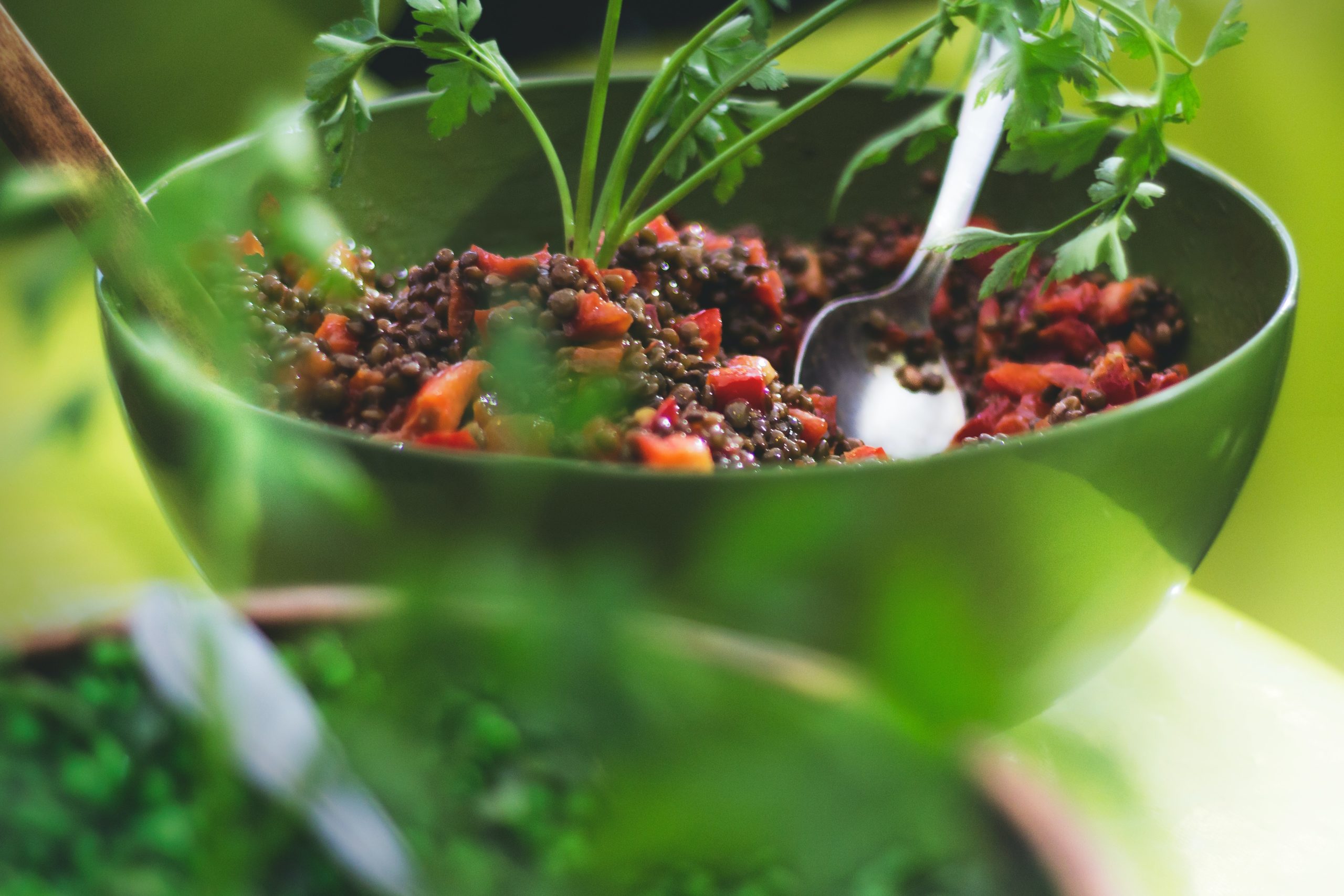
Food / Lifestyle /

It’s about choice architecture – providing more sustainable options for people to cut down on meat, more opportunity for producers to turn to regenerative techniques and more choice as a whole for an ethical and localised food system. The concept of eating less and better encourages the consumer to really think about where their food is coming from (it’s like the diet equivalent to slow fashion) which, in turn, helps both our health, the food chain and the planet. The Eating Better Alliance is working to stimulate a 50% reduction in meat and dairy consumption in the UK by 2030, and for a transition to ‘better’ meat and dairy as standard.
Reducing meat consumption while buying only from ethically sourced origins and slow farming establishments can also yield incredible results in making the world a more sustainable place for people who don’t want to give up meat. The eating less campaign is about embracing a less and better approach to meat consumption and therefore removing the economic incentive for factory farming through reducing the demand for cheap meat. With a surge in the popularity and growth of regenerative farming, organic meat producers across the globe are starting to get onboard with the campaign.
It’s almost an odd concept, coming from farmers and butchers within the slow food and regenerative agriculture movement, to champion eating less meat, but this is paramount to many of those within the organic food industry. Pipers Farm, a destination for meat that is farmed sustainably and in harmony with nature, ‘believe we should all eat much less meat, and when we do eat meat ensure it has been produced in a way that has respect for the animal, respect for the farmer and respect for the landscape.’

Essentially, the way food is produced is a crucial, if not the most crucial, element in sustainable food systems. The rise in popularity of vegan and plant-based foods means that this is an entity that has been hijacked by mass corporations, too – ultimately, there’s a balance to strike. In a feature for Pipers Farm, the founder of ethical lifestyle community Live Frankly and highly respected investigative writer Lizzie Rivera stated:
‘The tribal lines should not be drawn between vegans, vegetarians or flexitarian. That division predominantly serves to distract us from the most important objective: producing healthier, more nutritious (and better-tasting) food, farmed in tune with nature – and ending the era of industrial farming. Including getting animals out of factory farms […] Intensive animal agriculture and intensively farmed vegan products are not so much polar opposite food systems, but two sides of very similar extractive thinking. If we want to protect the environment and animals, we need to protect our habitats. Whether we’re vegan, veggie or flexi we still need to consider where our food is coming from – who is farming, how and at what cost.’

So, what ingredients should you be packing into your pantry in order to eat less and better? Focus on finding foods that help your meat to go further in order to reduce your need to consume more – generally, you don’t need as much meat as you might think. We dive into the details…
Part of the eating less and better approach is about utilising the whole of the animal – including bones for broth, and the fat for lard and ghee. Fats can go a long way and are an incredibly overlooked and flavoursome base for dishes such as soup and stew.
Pipers Farm stated in their feature on natural ingredients to make your meat go further that ‘good stocks and broths are superb kitchen allies. When made using bones and collagen from slow grown livestock, they are especially loaded with nutrition and flavour, and come with feel-good thrift and satisfaction as they make the most of every scrap of the animal. Whether you embrace the kitchen ritual of making it yourself using our beautiful bones, or go for our equally flavourful and health-benefit-packed pouches, having a batch on standby in the freezer sets you in good stead for the week. Use to cook pasta or grains for a meat-free weekday feed, add to meat juices for punchy sauces and gravies or go classic with simple veg-packed soups and stews.’
Similar to the way in which pulses soak up the flavours of dishes perfectly, whole grains are a brilliant meat substitute to soak up and absorb savoury cooking notes. You can pair them with meat in order to reduce your meat portion, or use them instead.
Mushrooms are a brilliant bulking ingredient and, combined with meat, they can make your meal go much further. They are also a great way of adding flavour to a dish, especially if you are transitioning from a meat-rich diet to a flexi or plant-based one.
As well as being an incredible protein source, pulses are a brilliant way to bulk up dishes and replace meat, or stretch meat further if you’re unwilling to give it up completely.A key aspect of eating less and better is improving the production of plant foods for human consumption. Farmers Collective Hodmedods works directly with British farmers to produce and source a range of pulses and grains, with a commitment to providing wholesome quality food that is more sustainably produced.